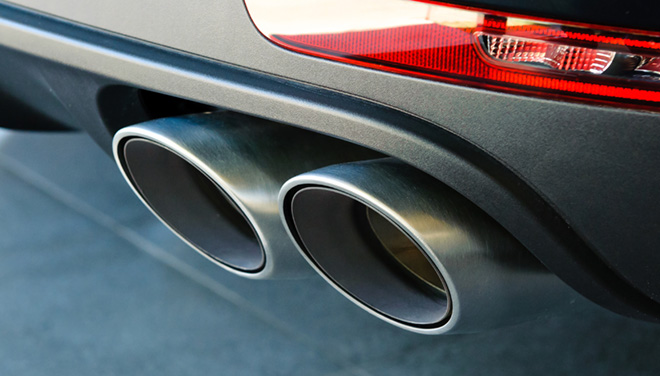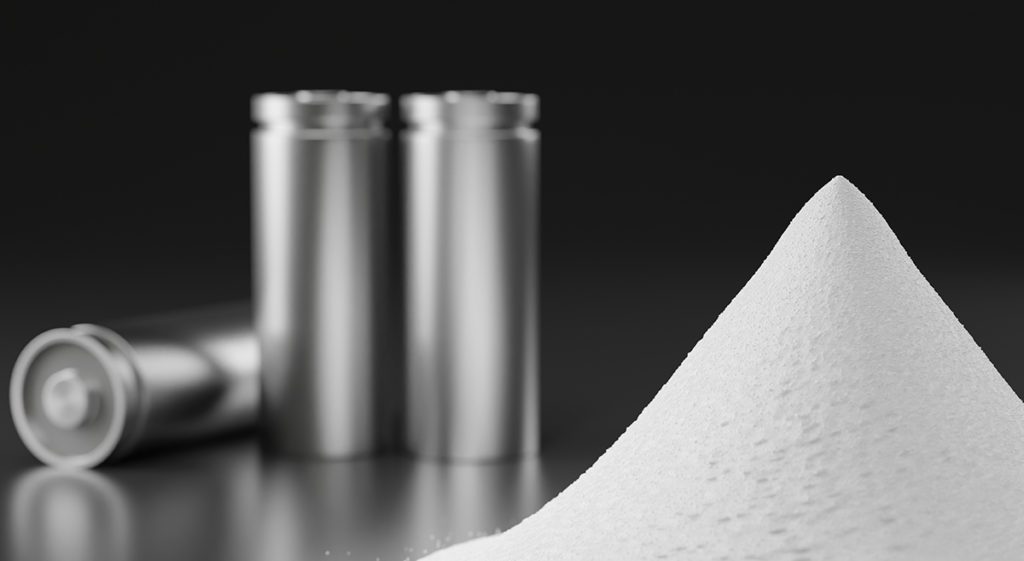The Trump administration is determined to roll back US fuel economy standards, but for now at least, it will have to go through a complex legally mandated process, including a period of public comments, a customary formality that ended last week.
Also last week, GM issued a press release in which it made no comment on the EPA’s proposed changes to fuel economy rules, but proposed a National Zero Emissions Program modeled on the program that California and nine other states currently follow.
A number of media outlets took the bait and reported GM’s proposal as a rejection of the EPA’s plan to water down the standards, but most EV and environmental journalists were not fooled. Electrek’s Fred Lambert called GM’s PR move “greenwashing,” and the NRDC called it “a distraction.” Another term that comes to mind is “non sequitur.”
Federal fuel economy standards and the California ZEV mandate are both on the administration’s hit list, but they are two different things.
Reversing progress on fuel economy rules is a move that GM and other automakers demonstrably support. In November 2016, the Alliance of Automobile Manufacturers, which includes GM, contacted the new US president-elect to urge him to “reform” federal fuel economy, emissions and safety standards, and the industry has been quietly helping the process along since then. More recently, in a federal filing (as reported by Automotive News), GM said the existing federal objective of increasing efficiency to more than 50 mpg by 2025 is “not technologically feasible or economically practicable.”
When it comes to the ZEV mandate, automakers’ positions are more nuanced. Despite years of lobbying, they have been unable to persuade lawmakers in California and the other ZEV states to abandon the mandate. What the industry is pushing for now is for the federal government and the ZEV states to reach a negotiated compromise, and avoid the prolonged legal battle that seems to be in the offing. Honda has joined GM in calling for a national standard. “The industry is united in its request that the agencies work out an agreement with California,” Honda wrote.
Pragmatic proponents of electrification would also like to see an agreement, but preferably a more ambitious one than what GM is proposing. The automaker says it has “a bold vision” that “will take bold actions.” From an EV supporter’s standpoint, “better than nothing” might be a better summation.
GM’s plan calls for “[establishing] ZEV requirements (by credits) each year, starting at 7 percent in 2021 and increasing 2 percent each year to 15 percent by 2025, then 25 percent by 2030.” GM’s PR also includes a musteline phrase specifying that its program could be terminated “based on a determination that the battery cost [$70/kWh] or infrastructure targets are not practicable within the timeframe.”
That’s tremendously timid even compared to what other automakers are predicting: Audi says electrified vehicles will make up a third of its sales by 2025; Daimler says EVs will be 15 to 25 percent of sales by 2025; VW is aiming for 25 percent of sales to be fully electric vehicles by 2025.
GM’s vision seems to be one in which the US auto industry falls further and further behind the rest of the world. China has mandated 12% ZEVs in 2020 – about 4 years ahead of GM’s pusillanimous proposal. In GM’s bold new world, by the time 25 percent of vehicles in the US are electric, several other countries could be well on their way to 100 percent: Norway hopes to phase out ICE vehicles by 2025; Denmark by 2030; France and the UK by 2040.
For better or for worse, GM’s pavid plan is probably DOA. It’s conceivable that the feds and the Left Coasters will reach a settlement quickly, as the automakers would like, but at this point, it seems more likely that a putative National Zero Emissions Program will emerge from an ugly legal battle that will take months or years, and will drag state governments into the fray (8 governors recently signed a letter supporting the EPA’s proposed rollback, while 20 states have expressed opposition). On the bloody morning after, few are likely to remember a one-page 2018 press release from GM.
Source: GM, Automotive News, Electrek


















































































